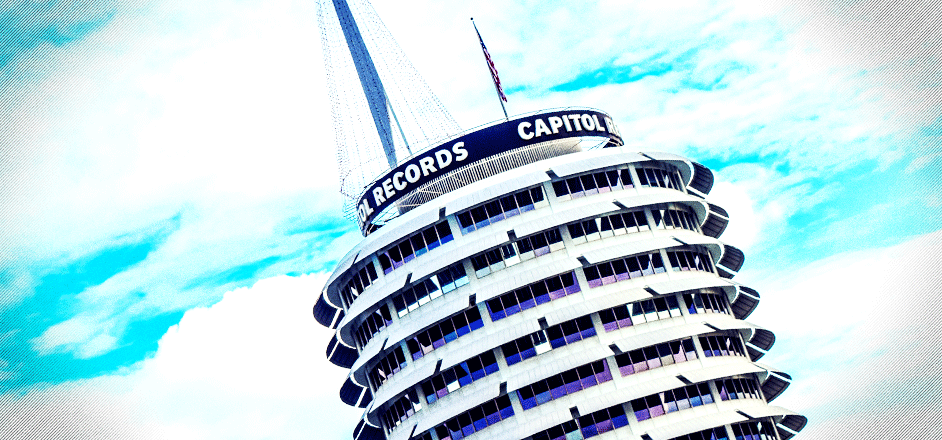When you get a spare minute, head over to the Spotify or Apple Music streaming charts. What you’ll see is something going on in music that hasn’t happened in, well, ever. Major labels have lost control of what’s considered #1, and it has them scrambling to do away with the old and sign the new. It’s an identity crisis long in the making.
It used to be easy for labels to rocket their artists to the top. They’d find a talent, any talent, manufacture a hit song based off of psychological fuckery, and then shove them down the throats of every teenage American to consume en masse. When Britney Spears released a single, the entire world knew it. She’d show her face on MTV’s TRL, “coincidentally” come out with an emotionally captivating story via Rolling Stone, and then trickle in a little drama between her and Justin Timberlake to satiate fans’ need for a little chaos.
Hell, even decades before that, no one blinked an eye when rock stars would inhale blocks of cocaine on tour buses or throw televisions out of hotel windows because it drove a specific narrative — it gave people both a train wreck to relentlessly watch and consume while emptying their pockets to keep the dream alive.
Choices were few and far between though. You listened to either A or B, pop or rock, hip-hop or country. Radio was king. What many didn’t see was how things would change when fans broke out of the trap to craft an identity all their own. Now, long shot artists like Post Malone can be considered both. And sell like crazy. Electronic artists — shunned almost entirely by labels, radio and media until Paul Oakenfold worked with Madonna — can now be found on commercials, in airport lobbies, layered under everything from rock anthems to rap’s greatest hits.
Basement producers run everything.
Sure, Drake finds himself on the top of the charts consistently. But he wouldn’t if not for viral dance clips and memes (true Internet democracy in action). It’s numbers manipulation though, plain and simple. Present-day payola, not yet regulated by any entity, how dare they. Same with Travis Scott, Taylor Swift and Jay Z, all selling side-products to artificially boost download numbers.
In Jay’s case — still one of the greatest rappers to ever live — partnering with Sprint to give away an album for free was necessary to make a guaranteed appearance in Billboard’s most coveted spot. Without the giveaway, #1 could have easily slipped by, scooped up by literally anyone else. Nicki Minaj fell to Travis Scott’s Astroworld last month for the same reason, and let the world know how she felt about it.
“What we're not gonna do is have that Auto-Tune man selling fucking sweaters telling you he sold half a million albums, because he fucking didn't,” Minaj railed on her "Queen Radio Beats 1" show. “You stupid fuck. You got your fucking homeboy talking for you and you got your girlfriend selling tour passes. Stop it. Knock it the fuck off.”
The industry fought against innovation for far too long, believing the physical album was going to be the past, present and future. Yet now that the future is here, what does it do now? It can’t fight Spotify and Apple Music as it once did. They shell out unbelievable money in licensing deals. The streaming giants are the only reason the music industry still has offices to go to every morning, apps are its most important customers.
Meanwhile, those same long shot artists run the charts, true quantification of what people want. What they really listen to. What music is.




Leave a Reply